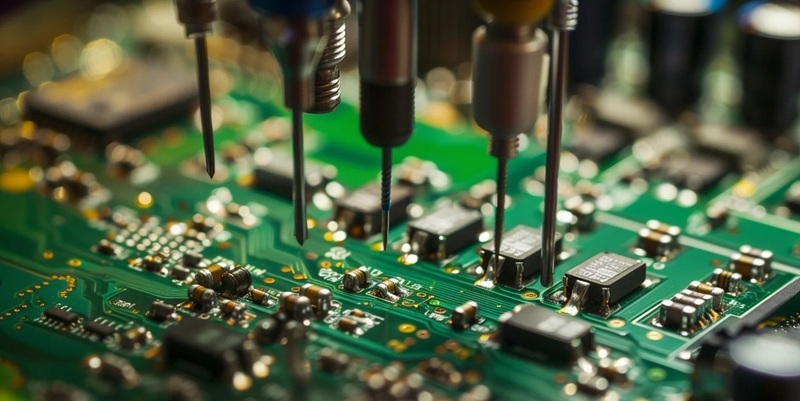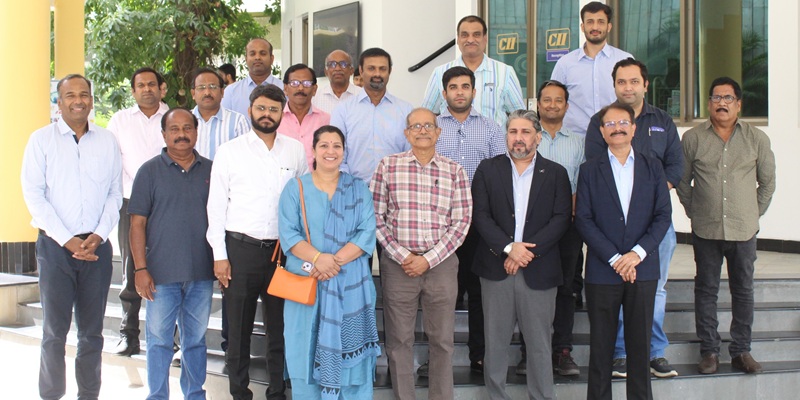Schedule a Call Back
Navigating sustainable injection moulding
 Articles
Articles- Jan 16,24
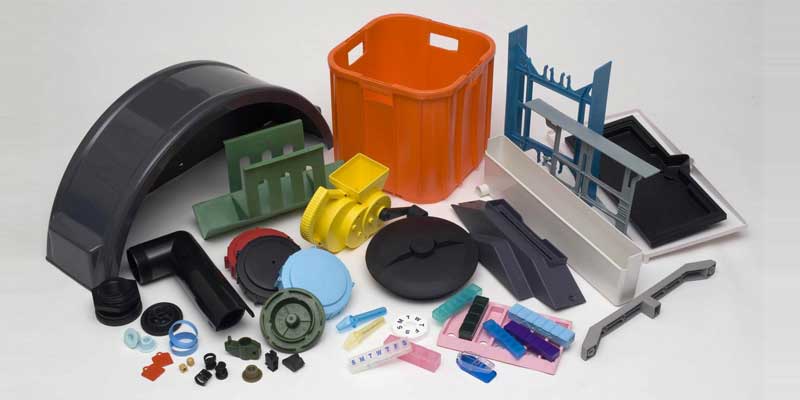
- Adoption of energy-efficient technologies: Manufacturers are increasingly investing in energy-efficient technologies to optimise production processes. This involves the incorporation of advanced machinery and equipment designed to minimise energy consumption while maintaining or enhancing productivity.
- Integration of renewable energy: A shift toward renewable energy sources is in progress, with increasing number of manufacturers integrating solar and wind energy into their operations for a cleaner and more sustainable energy mix.
- Minimisation of waste and recycling: Manufacturers are implementing strategies for waste reduction, recycling initiatives, and closed-loop systems to foster a circular economy approach.
- Emphasis on green supply chains: Many manufacturers are focusing on green supply chain practices, collaborating with suppliers committed to environmentally friendly processes.
- Investment in research and development: The sector is dedicating resources to research and development to explore innovative solutions including creation of eco-friendly materials, processes, and technologies aimed at reducing the environmental impact.
- Government-led initiatives: The Indian government has introduced initiatives and policies to encourage sustainable practices in the manufacturing sector. This includes offering incentives for adopting cleaner technologies, promoting energy efficiency, and adhering to environmental standards.
Related Stories

Let’s decarbonise: A turning point for mining in Asia
Sustainability uncertainties in mining are well known. Encouragingly, mining is already undergoing a notable transformation—one that brings with it great potential to build a more resilient and su..
Read more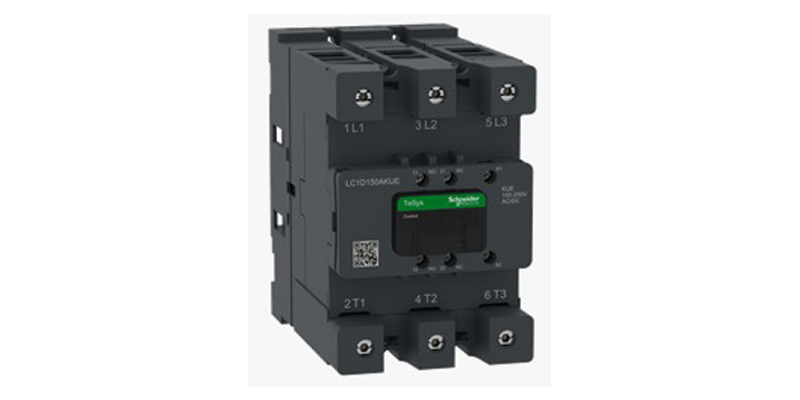
Schneider Electric launches next-gen TeSys Deca motor starters in India
Nikhil Pathak, Vice President – Digital Energy and Power Products, Schneider Electric, Greater India, said, “At Schneider Electric, innovation goes beyond technology—it’s about creating long..
Read more
Calderys sets sustainability benchmark at Odisha refractories plant
Calderys advances its green goals with the CAPES project in Odisha, integrating solar power, water recycling, and emission controls to set a new benchmark in the refractories sector.
Read moreRelated Products
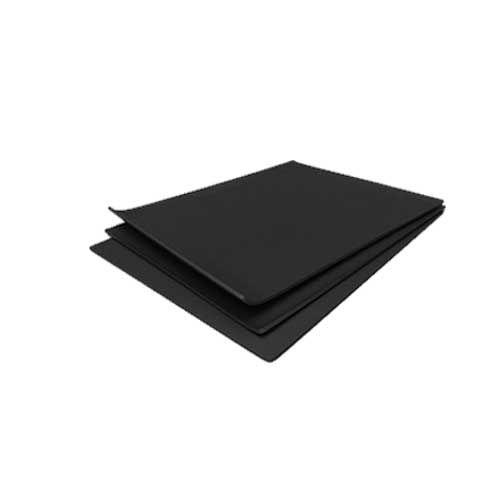
Rubber Sheets Material
Talbros Sealing Material Pvt Ltd offers a wide range of rubber sheets materi Read more
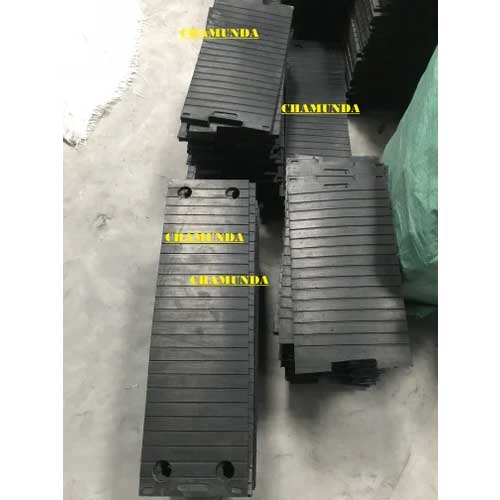
Rail Rubber Pad
Chamunda Enterprise offers a wide range of rail rubber pad.

Insulation Polyester Film
TMA International Private Limited offers a wide range of insulation polyester film.






